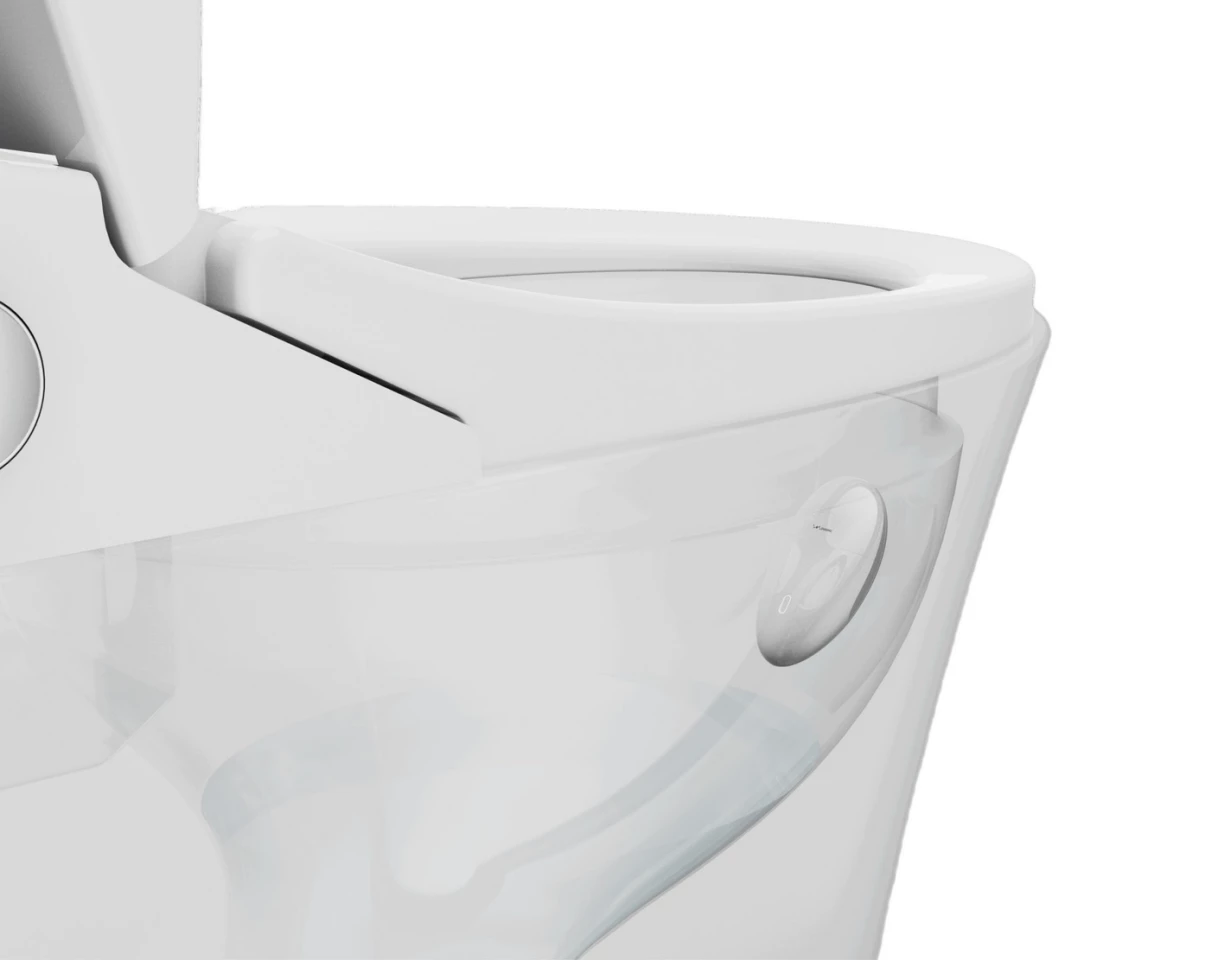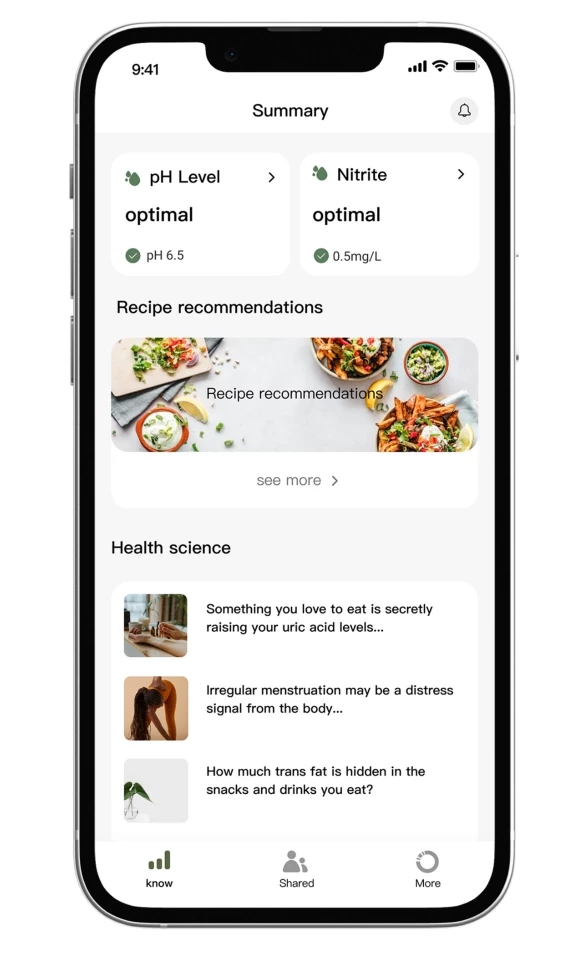A startup from China wants to sell you its upcoming gadget to track health markers from your entire family. Roughly the size of an iPhone, it sticks onto the inside of a toilet bowl and automatically scans urine to help detect diseases early, and provide prescription guidance.
Dubbed the S1, the gadget comes from Shanmu, a Shenzhen-based micro medical robot company. According to Crunchbase, it uses digital microfluidic chipsets developed in-house along with AI for analysis, and has raised seed funding from multiple VC firms this year.
Shanmu's S1, which has been recognized as a 2025 Honoree in Digital Health by the CES tech trade show, is described as the "world's first ultra-miniaturized, fully automated home medical robot which is designed to be placed on the inside wall of the toilet bowl."
Pee on the S1, and with just a tiny sample of 1 microliter, it'll deliver a comprehensive urine analysis straight to your phone in 10 minutes. Equipped with a multi-spectral sensor chip, it's said to read 10 health indicators. The website lists nine of them:
- Urine sugar, creatinine, urine protein, and ketone bodies – to measure whether there are abnormalities in the human kidneys and liver, and provide advice on metabolic levels after heavy exercise.
- pH value, which is used to assess the body's acid-base balance.
- Urine specific gravity, which is used to assess the body's water balance.
- Nitrite, white blood cells, and urine occult blood, which are used to assess inflammation.

The company says its S1 is rated IPX7 waterproof, and gets a medical-grade anti-fouling coating to ensure it stays clean and doesn't allow pollutants inside it. The S1's battery lasts 2 months; its inner consumables last up to 6 months and can be easily replaced.
Beyond packing these features into a compact device, the S1's major selling point might be its ability to track markers for a whole family. The companion mobile app lists each value it's recorded, along with explanations of abnormal indicators it's spotted.

That could prove useful for folks with chronic conditions, as well as families looking to proactively manage their health. Shanmu hasn't yet listed a price for the product or whether it'll require a subscription. Hopefully we'll get to see these numbers by the time CES 2025 rolls around in January.








